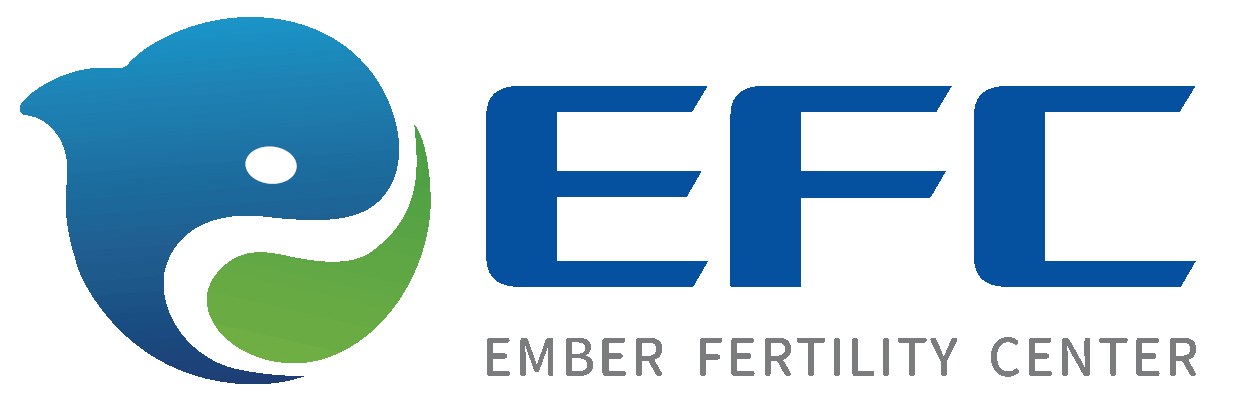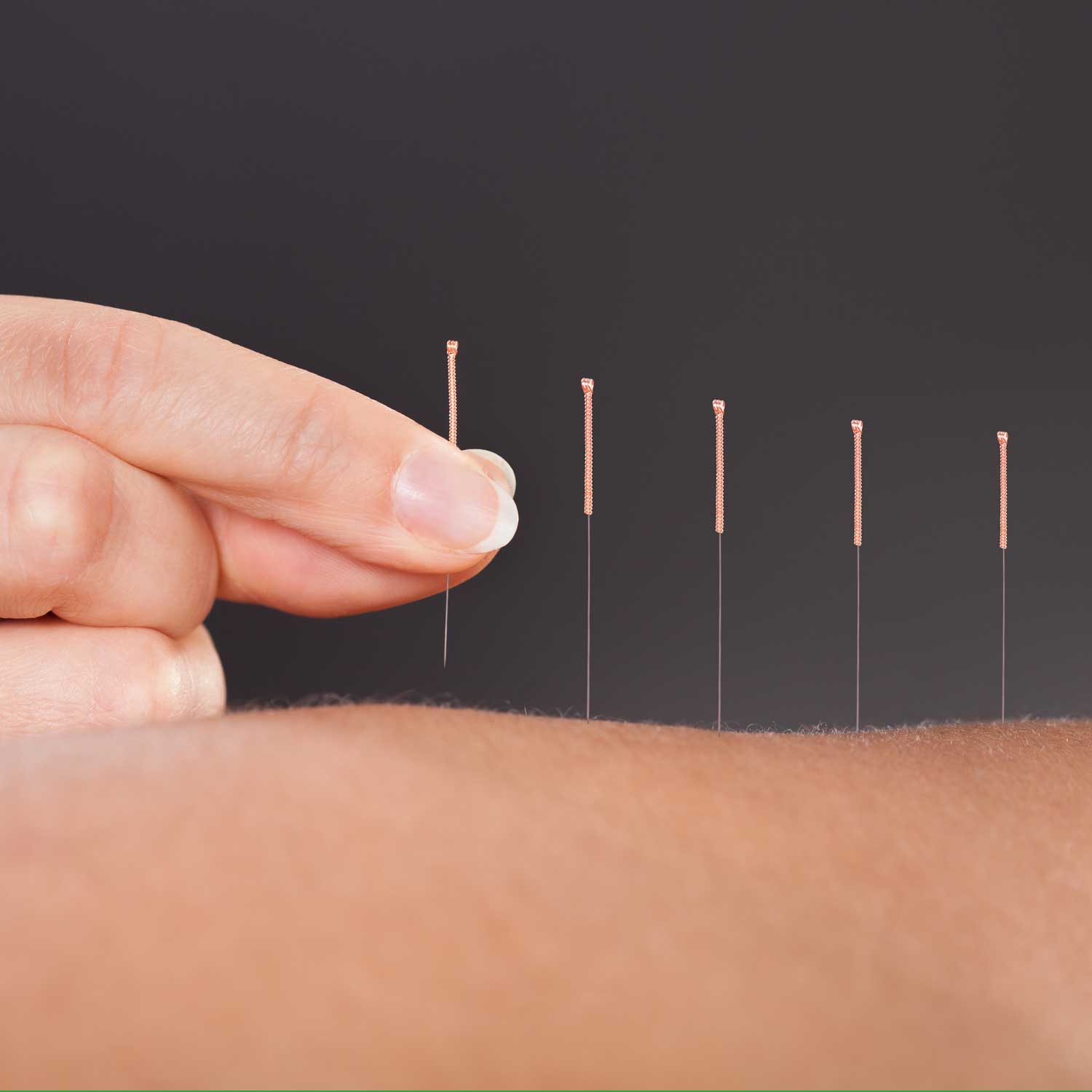Blog originally published by American Society for Reproductive Medicine (ASRM)
What is acupuncture?
Acupuncture is an alternative medical treatment that involves placing very thin needles at different points on the body. It was first recorded in China about 2,000 years ago, but most believe the practice began between 3,000–4,000 years ago. Insertion techniques and the type, style, and size of needle used can vary widely, as different styles were developed as acupuncture spread through Asia and the rest of the world. Traditional Chinese acupuncture is the more commonly used type of acupuncture in the United States.
How might acupuncture help me?
Acupuncture proponents have recommended it for a variety of medical conditions that affect fertility. These include polycystic ovary syndrome (PCOS), fibroids, endometriosis, and issues with ovarian reserve and sperm quality. It may also help relieve some of the side effects associated with fertility drugs (such as bloating and nausea). Acupuncture has been shown to promote relaxation. While some medical studies have shown acupuncture to be helpful in treating these fertility problems, other studies have not.
When should I start acupuncture treatment?
Women are often advised to start acupuncture 3 months before they start treatments such as in vitro fertilization (IVF) or intrauterine insemination (IUI). However, starting acupuncture along with your doctor’s recommended fertility therapy may still be beneficial. What can I expect at my first visit with the acupuncturist? At the first visit, your acupuncturist will ask questions about your lifestyle (diet, stress levels, exercise, sleep habits) and your fertility concerns. Your acupuncturist may also perform an exam, including feeling your pulse and looking at your tongue. The use of acupuncture needles is next and can last from about 30 minutes to an hour.
How frequently should I do acupuncture?
Your acupuncturist will tailor treatments to your condition but will generally recommend a treatment 1–3 times a week. Each session after the first one may last up to an hour—first a discussion period to update your acupuncturist followed by a 20–40-minute session with needles.
Will the needles hurt?
Most patients experience little to no pain. Some might experience a mild, dull ache, pinch, or even shock sensation. Occasionally, bruising can occur at the places where the needles are inserted. Let your acupuncturist know if you are taking aspirin or other anticoagulants (blood thinners). Because qualified acupuncturists use disposable needles, the risk for infection is very, very low.
Are there activities I should avoid before/after an acupuncture session?
Though your acupuncturist might advise following a healthy diet/lifestyle, nothing is strictly forbidden. Acupuncture helps with relaxation as well, so avoiding highly physical activities (running, gym class) immediately after a session might be helpful.

